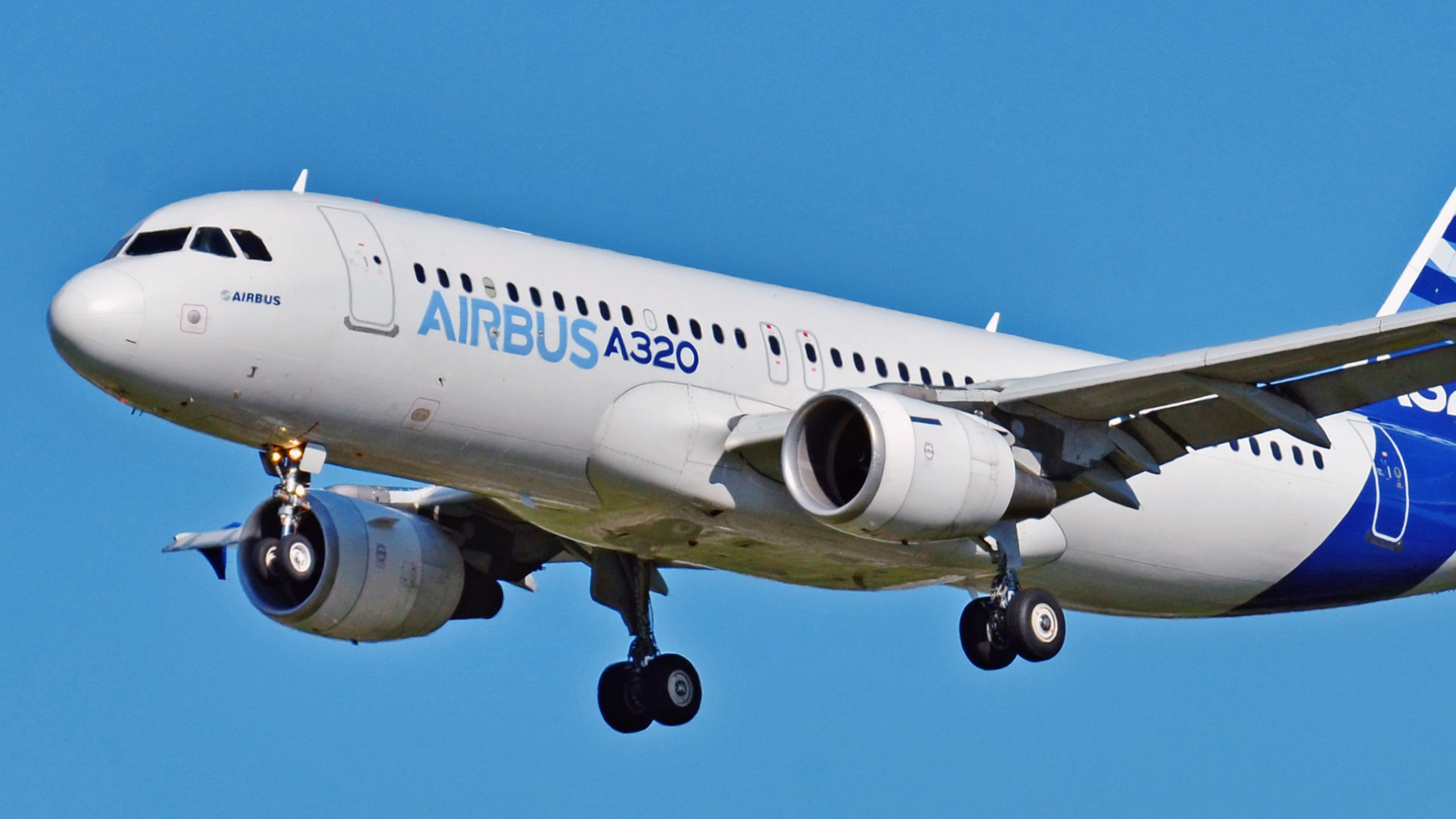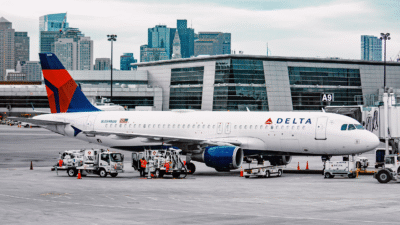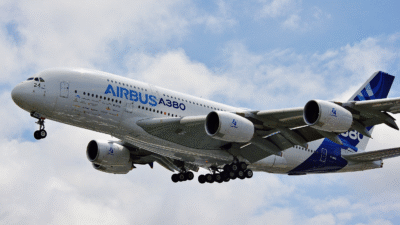No One’s Having Fun Making Planes
Airbus hasn’t been able to capitalize much on Boeing’s misfortunes thanks to its own workforce and supply chain issues.
Sign up for smart news, insights, and analysis on the biggest financial stories of the day.
You’d think Boeing’s never-ending PR tailspin would engender more than just schadenfreude for Airbus, the only other major global manufacturer of commercial aircraft. Sadly for Airbus, you’d be wrong.
The European aerospace giant hasn’t been able to capitalize much on its rival’s misfortunes, Airbus CEO Christian Scherer told The Wall Street Journal, thanks to its own workforce and supply chain issues.
Good Luck, We’re All Counting On You
When it comes to building large commercial aircraft, Airbus and Boeing hold what’s effectively a global duopoly. So when Scherer took on the role of Airbus CEO in January and then a Boeing plane obligingly lost one of its doors midflight, he expected a smoother-than-usual journey.
But, as Scherer told The WSJ, broader industry issues have stopped it from exploiting Boeing’s weakness:
- Scherer said that post-COVID, the industry suffered an exodus of experienced workers who have not yet been replaced because new recruits simply haven’t had the time to accumulate that experience.
- Now both Boeing and Airbus are struggling to fulfill orders to their airline clients; Scherer partially laid the blame on airlines for not anticipating increased travel demand post-lockdown.
Sindy Foster, an aviation analyst at Avaero Capital Partners, told The Daily Upside that Airbus also cut jobs at the onset of the pandemic. “There was a double whammy of forced staff reductions, early retirement, and people ‘taking a view,’ with a reduction on training and experience being gathered by the next generation,” said Foster.
Foster also said that some airports reduced capacity because they thought demand would take longer to rebound. “Not only have airlines been seeking aircraft, an increasing number of lessors also joined the competition for aircraft,” she said. On the supply chain side, Foster said that raw materials are in short supply, and stressed that plane manufacturers have extremely complex webs of suppliers. “In the case of an Airbus 380, there were apparently 4 million individual parts, and the parts are produced by 1500 companies from 30 countries around the world,” she said, adding that “aircraft manufacturing is a huge feat of logistics supply and engineering — any supply disruption causes mega issues.”
Engine Engine (Repair) No. Nine: There is apparently one bright spot in the plane-making business, although it won’t inspire confidence for frequent fliers. The WSJ reported in July that jet-engine makers such as Rolls-Royce and GE Aerospace have been making a tidy sum recently due to the fact that when their engines malfunction, they’re the ones who get paid to fix them. Flying is safe, we know, but it doesn’t always feel that way lately.












